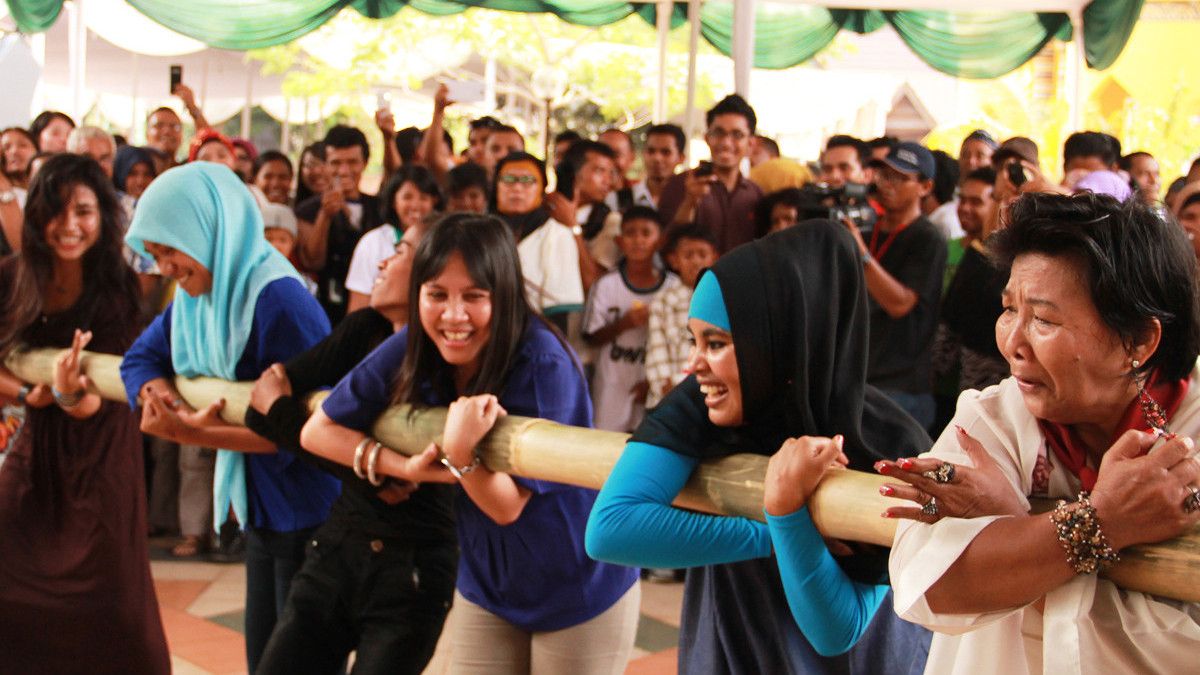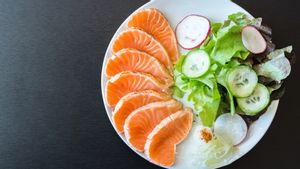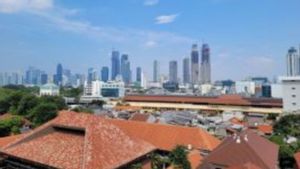YOGYAKARTA The habits of the Maluku people are interesting to know because this area used to be a place for encounters of various world civilizations.
According to historical records, Maluku is a spice-producing area (the spices island), especially cloves and nutmeg. Both commodities are the target of the European people because the price is more expensive than gold and diamonds.
The large number of Europeans that set foot in Maluku in the past, made people living in this area very multicultural or pluralistic. One of the consequences of this diversity is the variety of habits that are carried out and preserved by each region. These habits have a different form for each region and have different goals between society and one another.
So, what are the interesting habits of the Maluku people to know?
Various Maluku Habits
Compiled by VOI from various sources, Saturday, December 10, 2022, here are some habits of the Maluku people who are still sustainable today:
Sweeping hits are a tradition carried out by residents of Morella Village, Central Maluku Regency, Maluku.
Adapting the Jadesta.kemenparekraf.go.id page, sweeping has been a tradition of generations since 1646, which is held every seven days after Eid.
In the language of the Morella area, the tradition of hitting the broom is called 'Palaasa' or 'Baku at Manyapu' which means hitting each other with a lidi broom.
In its implementation, the participants who are Morella youths are divided into two groups or teams. Each team consists of at least 10 people wearing shorts, shirtless, and wearing a red headband or what is commonly called an "angry cloth".
Before these youths entered the arena at sweeps, they underwent traditional rituals in baileo (regional houses) by traditional elders.
Maluku's next habit is Badendang Night. Badendang in Ambon means dancing / shaking.
Launching the Indonesian Cultural website, the Badendang Night tradition is a means to gather families and build togetherness in social life. In this event the participants of the event will dance regional dances such as katerji and orlapei. The event which took place last night for this is also enlivened with karaoke and typical Maluku foods.
The characteristic feature of the Maluku people is to always include the ika menu in every food field.
One of the processed Maluku cash fish menus is Gohu. This typical Ternate food is made from raw tuna or skipjack which is also known as Sashimi Ternate. This food arises from the concoction of Ternate fishermen when they go to sea.
In addition to eating fish, people who are shy also like to eat fried bananas accompanied by sweet teas.
This is a habit from ancient times. This habit is done at every opportunity, when relaxing, serving guests, and so on. Usually they eat bananas accompanied by this sweet tea in the morning and evening.
Patita's tradition of eating is a meal together which is held on big holidays, such as City Anniversary (HUT), Indonesian Independence Day, anniversary of places of worship, and other big holidays.
The food menus are served, such as panas, boiled cassava, boiled patatas, colo-colo, vegetables, papeda, kohu (luluku absorption), and many others.
Each house will cook the menu in large quantities and then the products of the dish will be taken to a gathering place and eaten together.
That is the custom of the Maluku people who are interesting to know. May it be useful!
The English, Chinese, Japanese, Arabic, and French versions are automatically generated by the AI. So there may still be inaccuracies in translating, please always see Indonesian as our main language. (system supported by DigitalSiber.id)











